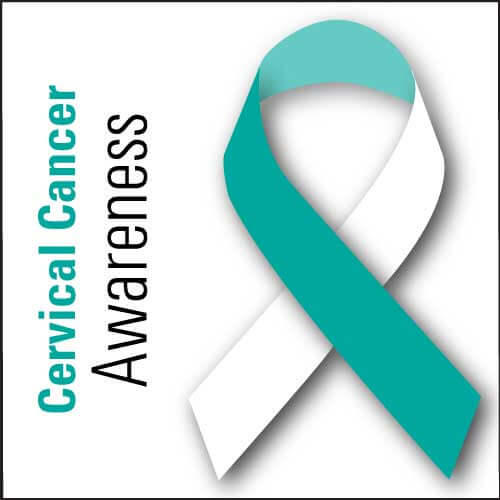January Monthly Spotlight: Cervical Health and Cervical Cancer Disparities
, by CRCHD Staff
In January, CRCHD joins the nation in raising awareness for Cervical Health and Cervical Cancer Disparities.
Despite an approximate 75 percent reduction in cervical cancer incidence and mortality (since the 1950s), some racial/ethnic groups are disproportionately impacted by the disease. Cervical cancer can be detected during regular screening tests (called Pap tests) when it is easiest to treat the abnormal cells; however, some racial/ethnic groups continue to have low screening rates.
Population groups with cervical cancer disparities include:
- Hispanic/Latinas: Hispanic women develop cervical cancer more than any other racial/ethnic group. Incidence rates are double those of non-Hispanic white women. (NCI/CRCHD)
- Asian Americans: Cervical cancer is the number one cancer to develop in Vietnamese women. In this group, incidence rates are five times higher than those in non-Hispanic white women. (NCI/CRCHD)
Risk factors for cervical cancer in racial/ethnic and undeserved communities:
Poverty is a driving risk factor for low-income women because many low-income women do not have ready access to adequate health care, making it difficult for them to receive timely Pap tests and have access to HPV vaccines.
A result is low screening participation, which contributes to racially and ethnically diverse women being diagnosed at more advanced stages of the disease. Fewer treatment options are available for late stage cancer, and late diagnosis often results in poorer outcomes and higher mortality.
There is also a genetic propensity for cervical cancer. If your mother or sister had/has cervical cancer, your chance of developing it is two to three times higher than if no one in your family had/has it.
NCI/CRCHD is committed to ending cervical cancer disparities in the U.S.
The NCI has helped lead research to better understand the causes of cervical cancer and develop effective vaccines and DNA-based testing for the disease. But more work needs to be done to ensure that all women are informed about cervical health. NCI/CRCHD currently funds some research and community outreach initiatives to improve cervical cancer screening rates in underserved communities.
- Dr. Kolawole Okuyumi is studying cervical cancer screening attitudes and behaviors of African immigrants (Ethiopians, Nigerians, and Somalis) in Minnesota and introducing the terms “cancer” and “cervix” to their everyday vocabulary.
Resources:
- Next Steps After an Abnormal Cervical Cancer Screening Test: Understanding HPV and Pap Test Results
Spanish: Significado de los cambios en el cuello uterino: Pasos a seguir después de un examen de detección anormal - Cervical Cancer Screening (for Patients), Cervical Cancer Screening (for Health Professionals)
- CRCHD cervical cancer research highlights from 2014
- Examples of cervical cancer disparities
- Pap and HPV Testing
